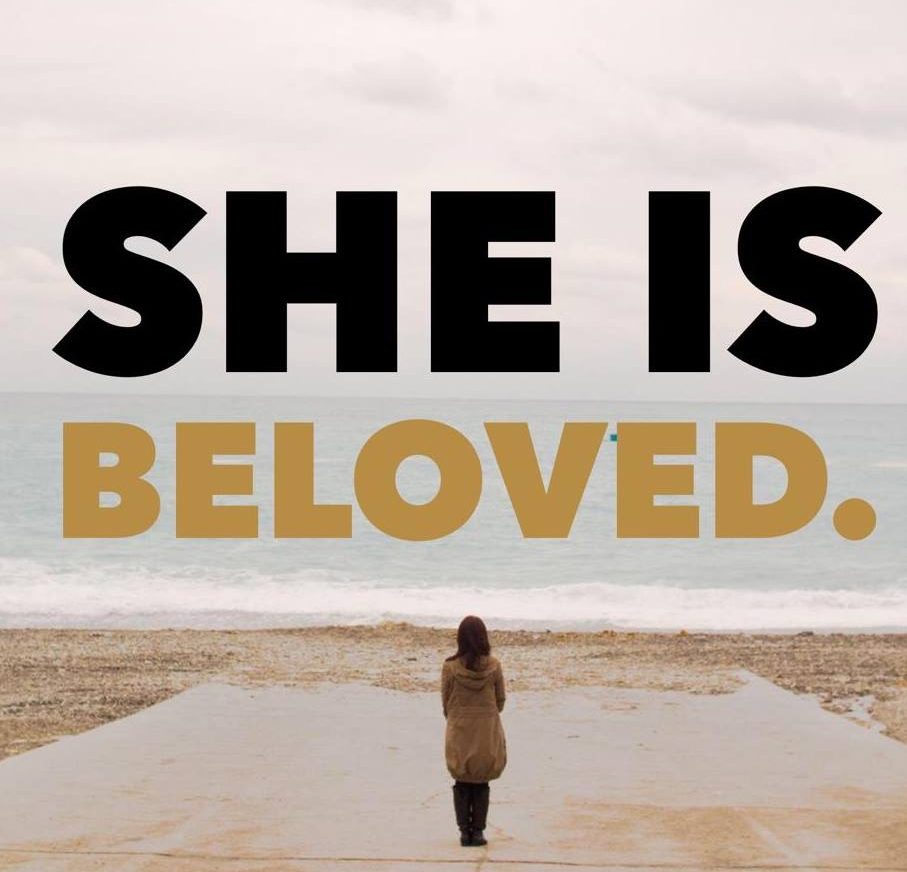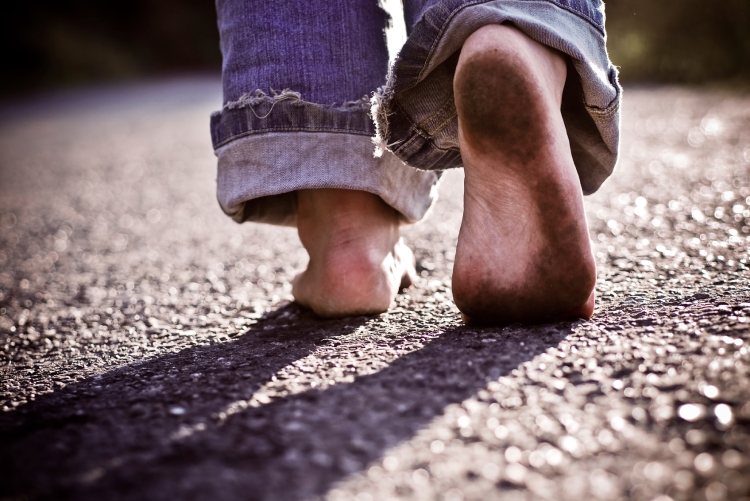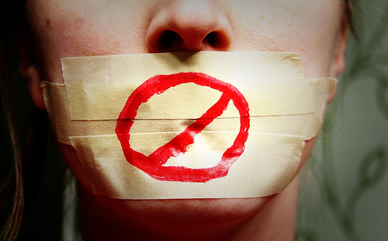Originally published September 21, 2010.
Because Bebo Norman is my most-loved singer/songwriter, I’m sharing this article again. It was one of my favorite interviews I’ve ever done. Bebo is gracious, humble, and he uses music and word to cut to my heart. I’m sad he’s retired. By the way, don’t bother with any of the links because they’re all dead. Who wants to start a GoFundMe to buy BeboNorman.com with me?
 It was with great anxiety and distress I awaited Bebo Norman’s scheduled phone call the morning after Labor Day. Normally, I’m not like this, but then again, it’s not every day that I get to interview one of the singer/songwriters who has been so influential in my life. The phone rang and I said a silent prayer, “Hello?”
It was with great anxiety and distress I awaited Bebo Norman’s scheduled phone call the morning after Labor Day. Normally, I’m not like this, but then again, it’s not every day that I get to interview one of the singer/songwriters who has been so influential in my life. The phone rang and I said a silent prayer, “Hello?”
“Hi, Amy. It’s Bebo Norman.” Suddenly, everything was OK. Disarming me with his quiet charm and easy-going nature, Bebo Norman is by all accounts a gentleman—one of the many reasons the man and his music have become so dear to me since I picked up his first album in 1996 as a mere teenager.
In this, my second interview with Bebo Norman, I decided to let you into our candid, and often, amusing conversation as we talk about our battles with anxiety, Bebo’s life, and of course, his new album, Ocean, releasing on BEC Recordings on September 28.
Amy: So, in celebration of your new album, do you have a favorite ocean? I mean, there are seven of them.
Bebo: Ah. I’ve spent a lot of time in the Atlantic or the Pacific, but I haven’t spent time in the other oceans. So I’ve have to go with those. How ‘bout you? Do you have a favorite ocean?
Amy: Probably the Atlantic or the Pacific. I mean, my best friend fell into the Pacific Ocean off a small boat, so I’d have to go with that. It’s hard to say, it’s like trying to pick a favorite star.
Bebo: I understand. I’ve never tried to pick a favorite star, but there are so many to choose from.
We chat a bit about sea creatures, including the beauty of humpback whales. I also learn that Bebo’s been on several cruises to Alaska and that Matthew West lives three blocks away. I tell him that Matthew West’s new album is really great and he says that he hasn’t heard it.
Bebo: I tend to not be up to date on music. Isn’t that ridiculous?
Amy: That’s hilarious! I love that!
Bebo: I have to kind of disappear from music sometimes just to keep my head straight because it’s what I do, it’s my job, and it’s what I love. I have to have some space.
Amy: Sometimes I get all these new releases and I’m like, “This is all crap and I hate it!” So I have to pop in something good and solid like Bebo Norman or Rich Mullins so I can remember what good music sounds like.
Bebo: I think that’s part of my problem. I’ve always listened to music because it inspires me and what’s frustrating is that sometimes you listen to music and none of it inspires you, you start to think that no music will inspire you
Amy: I know! It’s scary because I think, “What if people think my writing is this bad?”
Bebo: That’s part of the insecurity of being a creative person. Every single songwriter writer, musician, journalist, I know has that same fear or thought.
Amy: Speaking of writing, you said that writing an album is like an extended therapy session. I’ve been in therapy sessions and they’re very painful sometimes. So, what is it like for you?
Bebo: It’s very painful, very painful, and it’s very beautiful. It’s a cathartic process, which is the beauty of writing. I didn’t start as a songwriter because I had any intention of playing songs for anybody. When I started writing songs, it was just an extension of me trying to process life. I found that, for me, whether it was poetry or songs it was the best way I could process things.
I wrote short stories and poetry before I started writing songs, but the combination of music and words is a pretty powerful and sort of inspiring thing. That’s what caught me the most about songwriting. I could write a poem or I could hear a piece of music and both of those things would be beautiful, but when they’re together there’s something magical and powerful that happens.
In ways, it’s the only way I really know how to process life. It forces me to sit down and be quiet, and still and reflective and internal. The busyness of life, especially these days, with touring and my family, my wife and kids, and my community here in Nashville—sitting down and being quiet—it’s hard to find those days.
Not to mention, if you do struggle with anxiety or those things when you get down and depressed, even when you do have those days where you can sit down and be quiet those struggles can sometimes steal the life out of those moments. Writing songs is a very grounding thing for me. That’s the same way therapy is—you’re forced to sit down with your thoughts and expose things that might not otherwise get exposed.
Amy: Some of the things I would talk about in therapy, I would not like to release to the world. You said that an album is the best 60 minutes out of two years of your life, but still, sometimes it’s painful to hear.
Bebo: I’ve always struggled with laying out things that are personal and intimate. Now that I’ve got a wife and two boys, there’s a certain level of caution to where I have to consider how what I put out there affects the people around me.
To me, everything I experience is fair game for a song. I used to really struggle with the fear of laying those things out there. Maybe I’m just old enough at this point or I’ve just been doing it long enough that now I’m not consumed with the perception might be wrong or right. It’s more a matter of this is where I am and this is what I’m struggling with and I’m certain there are other people that are dealing with similar things, if not the same thing, and it’s important for these things to be spoken. As believers, we think we’re not spiritual enough if we struggle with certain things.
Amy: Thank you for sharing that. There are a lot of songs I want to talk about, but we don’t have time. Let’s just plunge right into your favorite song, “The Middle,” which is also my favorite song. I was listening to it last night and I was crying because I was feeling like that song is my life right now. I’m not married, I don’t have kids, and I feel like my life is this middle of not where I was and not there yet. Or maybe our lives here on planet earth are the middle. I don’t know.
Bebo: I think you tapped into something there. There’s a reality that our lives in their current state are the middle. We’re never fully home and our faith is never fully realized until the day Jesus calls us home or comes back.
Here’s the thing, when I say “the middle,” it may not mean the middle of life. It happened to me when I was in college, and again in my 20’s, and again in my 30’s. As static as they may feel at times, our lives are always in transition. I revel in the idea of transition; the real struggle for me is when I’m stuck in between transition. That’s where this song comes from, like, “Where am I right now in the middle of these things? I don’t feel like I’m moving.” Like you mentioned a minute ago, you feel stuck and you’re in this place where you’re not quite sure where things are going and where they’ve been.
It’s not a song about being middle-aged. I feel like we’re always in the state of being in the middle. When we’re on this earth, we’re always in the middle and we’re always going to be stuck between our flesh and our spirit here.
Amy: You had this goal that you were going to write one blog post a day…what happened?
Bebo: It was way too ambitious a goal, and I knew that! But those are the only kind of goals I know how to set—one that’s too ambitious
Amy: I told you that in your comments section, not that you listened.
Bebo: I even said in the first blog post that I will mostly likely fail at this and what I mean is that, I will fail at this. But I really did want to go for it. I have a dear friend who wrote a new song every day for one year of his life. He said that 90% of the songs weren’t that special, but it taught him what the day had brought him. That’s kind of what I was hoping for with the whole blog thing. I can’t just write a blog and say, “I took the kids to school and I slept late.” There has to be some thought in it. The reality of the busyness of life at this point; it just wasn’t even possible. I could have sat down and written it, but it would have been at the expense of the people I love.
Amy: Well, that would have been utterly ridiculous!
Bebo: But it was a lesson learned. That would be a good entry in and of itself—to talk about how it started taking it away from the people in front of me to appease a group of people I don’t even know, which is the real danger of social networking. That’s why I failed miserably at it. Well, that sounds too noble. Actually there were too many days I didn’t feel about it.
I give Bebo some expert blogging advice, which he recognized from his comments section. I tell him that he ignored my comments because I’m a “girl.” Then we talk about how guys always think girls want to hit on them. I tell him that his recent blog, “Idols of Misdirection” was excellent and seemed to go with one of the songs on his new album called “Could You Ever Look at Me.” Bebo keeps talking, even though I’m keenly aware that he is going to be five minutes late calling his next interviewer.
Amy: One last question—how can we be praying for Bebo Norman?
Bebo: A lot of what I was writing about in that blog post (“Idols of Misdirection”) is probably what I would ask people to pray for me right now, and that is being thankful for the source of the good things in my life. I’m in a season of struggling with that. There’s a certain level of distance I feel right now from God, which is odd because I talk about my faith a lot. It’s not that I doubt the truth of the Gospel because I see it fulfilled as truth every single day. I feel like it’s robbing me of the beauty of every day.
To catch up with Bebo Norman, visit him online at BeboNorman.com, follow him on Twitter (@bebonorman), and read his blog, which he updates sometimes.




 As a child, I remember stapling together notebook paper with simple ink drawings, probably of animals, doing some sort of merry little thing together.
As a child, I remember stapling together notebook paper with simple ink drawings, probably of animals, doing some sort of merry little thing together.


